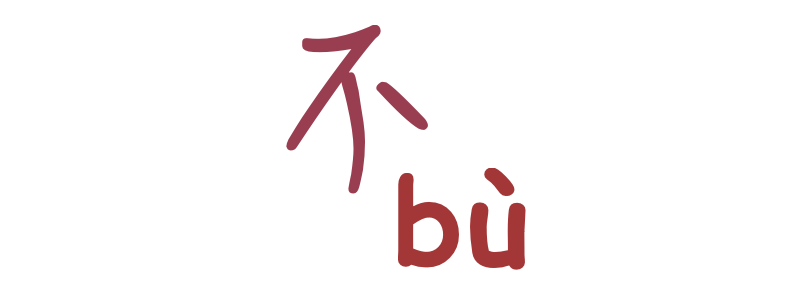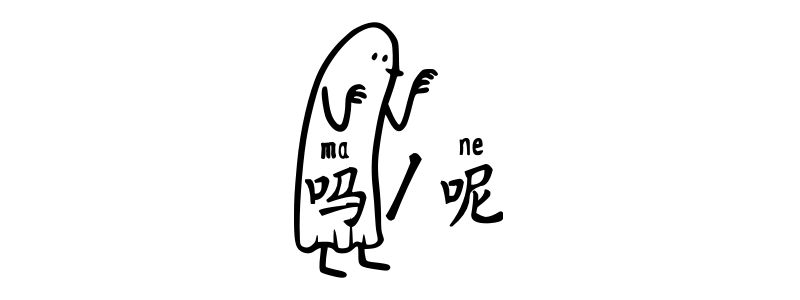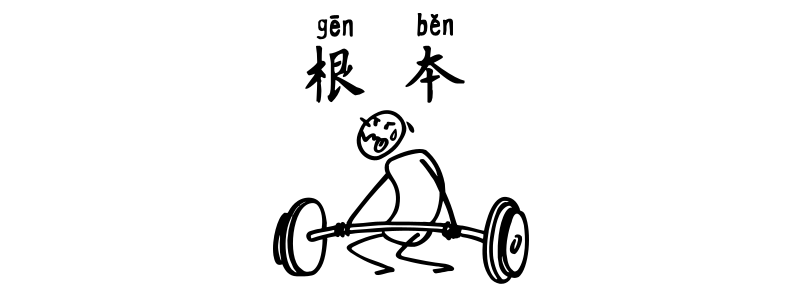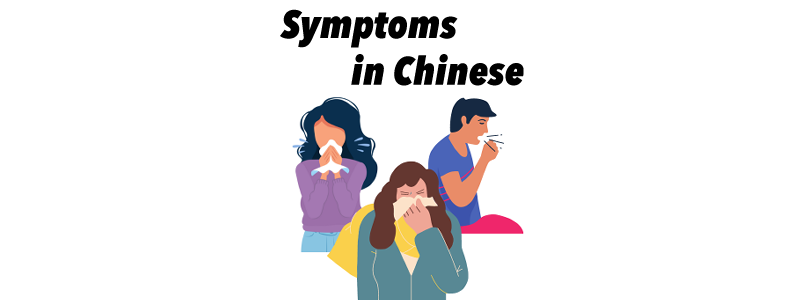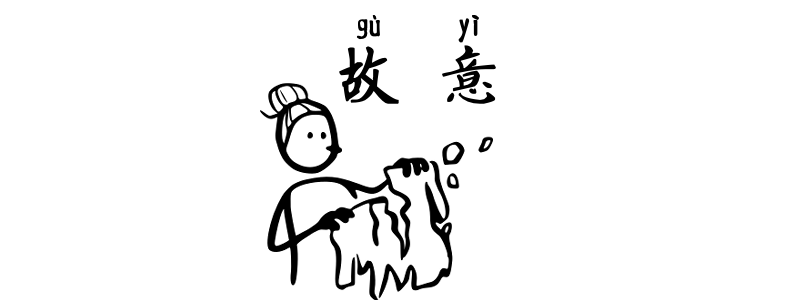Grammar Point:In Chinese, adjectives are often used differently than in English, and one of the notable features is the use of the word 很 hěn when describing nouns with adjectives. Let me explain how this works: What is Chinese Adjectives? Chinese adjectives (also known as stative verbs, or state verbs) are used to describe the…
Author: tiffany
不 bù and its tone changes
Grammar Point:The phrase 不 bù in Chinese is typically used to negate a statement, similar to how “not” is used in English. Structure 不 + Adjective 加拿大jiānádà的de夏天xiàtiān不bú熱rè加拿大jiānádà的de夏天xiàtiān不bú热rèThe summers in Canada are not hot. 我wǒ家jiā不bú大dà我wǒ家jiā不bú大dàMy house is not big. 我wǒ不bù矮ǎi、 不bú胖pàng、 不bú笨bèn也yě不bù醜chǒu我wǒ不bù矮ǎi、 不bú胖pàng、 不bú笨bèn也yě不bù丑chǒuI am not short, not fat, not stupid, and also not ugly. 小貓xiǎomāo不bù開心kāixīn小猫xiǎomāo不bù开心kāixīnThe…
Chinese Grammar – 嗎/吗 ma and 呢 ne
Grammar Point:In Chinese grammar, 嗎吗 ma and 呢 ne are both sentence-ending particles used to ask questions and seek information or clarification, but they serve different purposes: Final Particles 嗎/吗 ma This is a question marker that is added to the end of a statement to turn it into a yes-no question. It is used…
“Has no choice but to” – zhǐhǎo
Grammar Point:In Chinese, the expression 只好 zhǐhǎo is used to convey the idea that someone has no choice but to do something because it’s the only viable option or the best available solution in a given situation. Structure (S) + 只好 zhǐhǎo + V 大家dàjiā都dōu不想bùxiǎng當dāng班代bāndài, 只好zhǐhǎo抽籤chōuqiān決定juédìng大家dàjiā都dōu不想bùxiǎng当dāng班代bāndài, 只好zhǐhǎo抽签chōuqiān决定juédìngNo one wants to be the class representative, so…
Expressing “urgency” in Chinese
Grammar Point:In Chinese grammar, there are several words and phrases that can be used to express a sense of urgency or the need to do something quickly. Here are some commonly used expressions: 趕緊赶紧 gǎnjǐn, 趕赶快 gǎnkuài, 連连忙 liánmáng, and 立刻 lìkè. 趕緊/赶紧 gǎnjǐn It is often used in imperative sentences or statements to urge…
“Simply” in Chinese 1 – jiǎnzhí
Grammar Point:The word 簡简直 jiǎnzhí is a Chinese adverb often used to express exaggeration and convey a sense of something being untrue and hypothetical. It is similar in meaning to English words such as ‘simply,’ ‘absolutely,’ ‘completely,’ ‘literally,’ or ‘downright.’ Structure 簡简直 jiǎnzhí + Adj or V 那nà房子fángzi又yòu髒zāng又yòu暗àn簡直jiǎnzhí像xiàng鬼屋guǐwū, 你nǐ還是háishì找zhǎo別的biéde房子fángzi吧ba那nà房子fángzi又yòu脏zāng又yòu暗àn简直jiǎnzhí像xiàng鬼屋guǐwū, 你nǐ还是háishì找zhǎo别的biéde房子fángzi吧baThat house is dirty and dark;…
Emphasize a negation 2 – gēnběn
Grammar Point:根本 gēnběn is a Chinese adverb that the speaker uses to emphasize a negative view or a sense of impossibility. It often conveys a strong sense of negation or skepticism in sentences, highlighting that something is fundamentally lacking or impossible. Structure S + gēnběn + V 加州jiāzhōu房價fángjià那麼nàme高gāo, 年輕人niánqīngrén根本gēnběn買不起mǎibùqǐ房子fángzi加州jiāzhōu房价fángjià那么nàme高gāo, 年轻人niánqīngrén根本gēnběn买不起mǎibuqǐ房子fángziThe housing prices in California are…
Symptoms in Chinese
Looking at symptoms alone seems a bit boring, so let’s dive into various symptoms along with some basic knowledge of Traditional Chinese Medicine! Sick – 生病 shēngbìng Ache: Traditional medicine believes that the primary reasons for ache are as follows: firstly, “no flow leads to pain,” and secondly, “lack of nourishment leads to pain.” “No…
“To dare” in Chinese – 敢 gǎn
Grammar Point:The Chinese character 敢 gǎn is primarily used as a verb and means “to dare” or “to have the courage to.” It is often used in sentences to express someone’s willingness or courage to do something. Structure S + 敢 gǎn + V 弟弟dìdi不bù敢gǎn吃chī辣là弟弟dìdi不bù敢gǎn吃chī辣làMy younger brother is afraid of eating spicy food. 你nǐ敢gǎn用yòng手shǒu抓zhuā蛇shé嗎ma? 你nǐ敢gǎn用yòng手shǒu抓zhuā蛇shé吗ma?…
Intentionally – gùyì
Grammar Point:故意 gùyì is an adverb in Chinese that means “intentionally” or “on purpose.” In sentences, it often appears before the verb to clarify that the action was not accidental but was carried out with a specific intent. Structure S + 故意 gùyì + V 他tā故意gùyì把bǎ我的wǒde咖啡kāfēi弄nòng倒dǎo他tā故意gùyì把bǎ我的wǒde咖啡kāfēi弄nòng倒dǎoHe intentionally knocked over my coffee. 你nǐ是不是shìbúshì故意gùyì的de? 你nǐ是不是shìbúshì故意gùyì的de? Did you…

